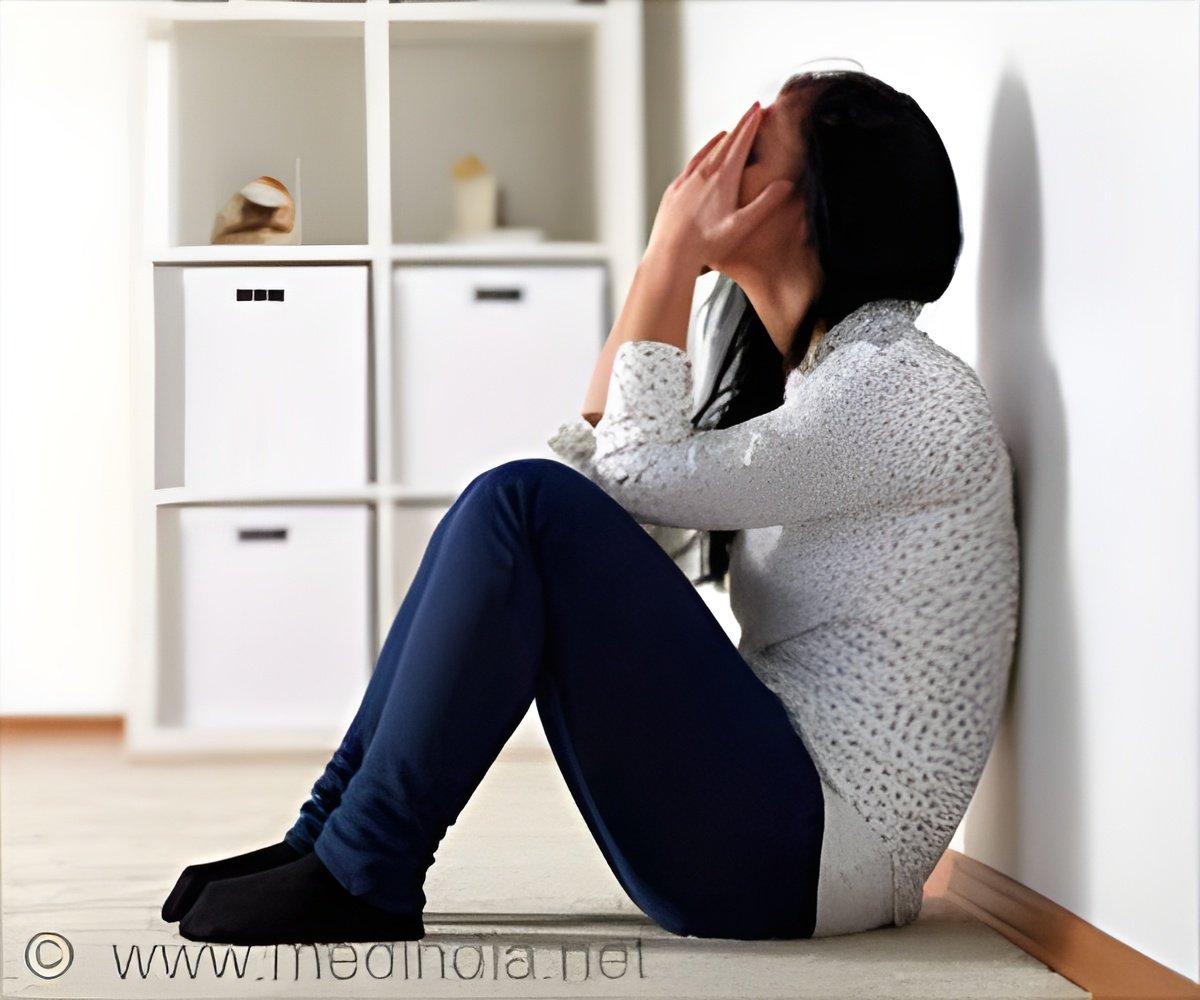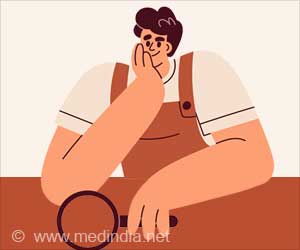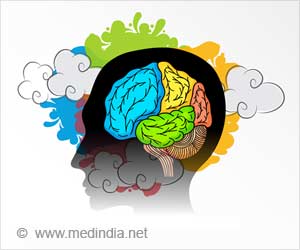
‘Over 17 million people in the U.S. and 300 million people worldwide have experienced major depression.
’
Tweet it Now
A compound present in so-called magic mushrooms, Psilocybin, provides visual and auditory hallucinations and profound alterations in consciousness over a few hours following ingestion. Johns Hopkins Medicine experts, in 2016 first stated that treatment with Psilocybin under psychologically supported conditions significantly reduced existential anxiety and depression in people with a life-threatening cancer diagnosis. In the study, investigators recruited 24 participants with a long-term documented history of depression, most of whom encountered persistent symptoms for approximately two years before enrolling. The average age was 39 years, with 16 women and 22 participants identifying themselves as white. The participants had to taper off any antidepressants before the study with their personal physician's help to ensure safe exposure to Psilocybin.
Thirteen participants encountered the psilocybin treatment immediately after recruitment and following preparation sessions, and 11 received the same preparation and therapy after an 8-week delay. The published findings cover a 4-week follow-up period after the participants underwent two separate 5-hour psilocybin sessions under the researchers' direction. The doses were given 2 weeks apart between August 2017 and August 2019, with the participants lying on a couch wearing shades and headphones that played music.
All study participants were given the GRID-Hamilton Depression Rating Scale at enrollment and 1 and 4 weeks following completion of the treatment. A score of 24 or more shows severe depression, 17 to 23 indicates moderate depression, 8 to 16 indicates mild depression, and seven or less indicates no depression. At enrollment, the patients had an average depression scale rating of 23, but at 1 and 4 weeks after treatment, they scored 8.
Around 67 percent showed a more than 50 percent reduction in depression symptoms at the 1-week follow-up and 71 percent at the 4-week follow-up for the entire group. Overall, at four weeks post-treatment, 54% of participants were considered in remission, according to the press release.
Advertisement
Source-Medindia









